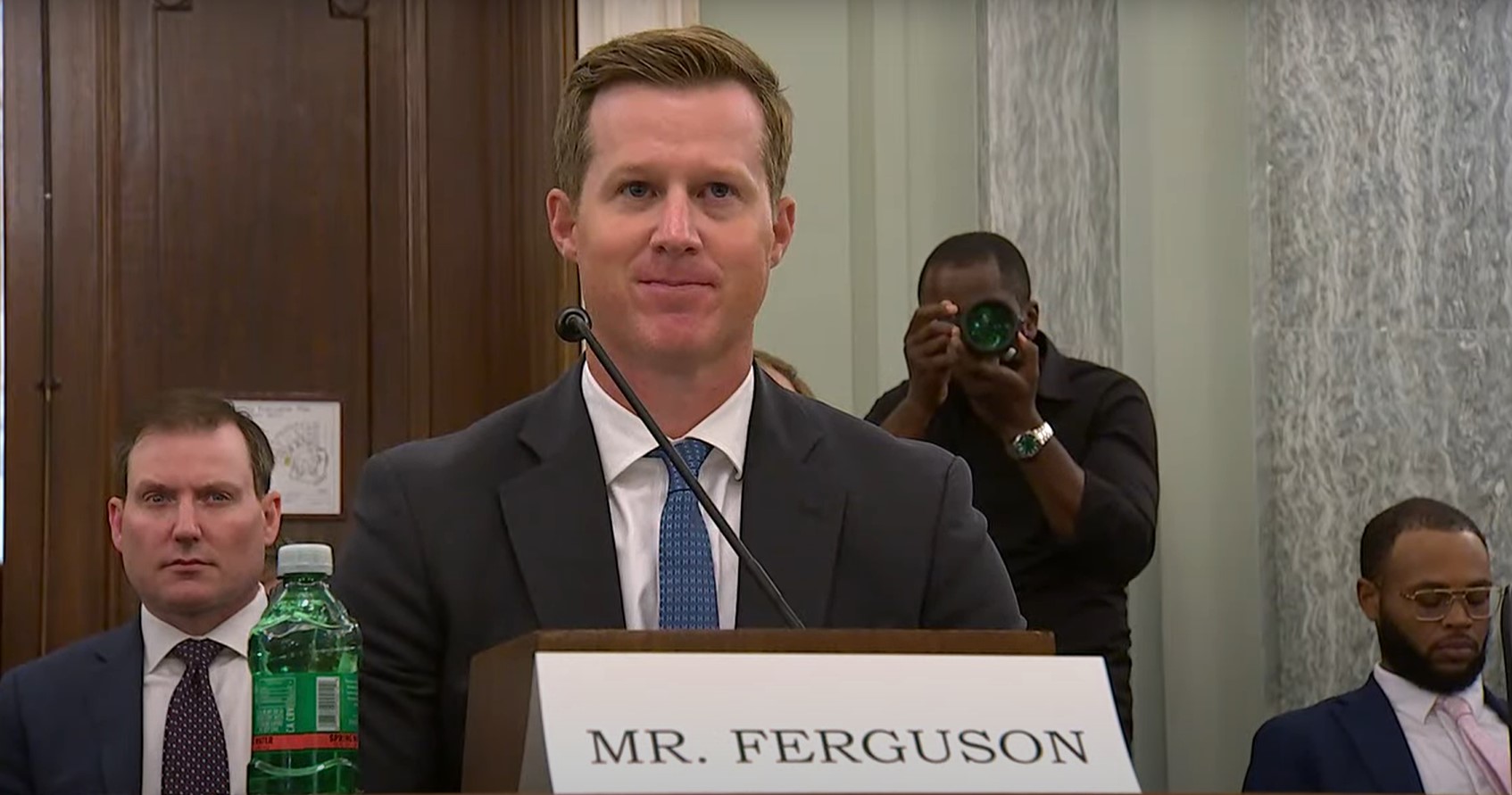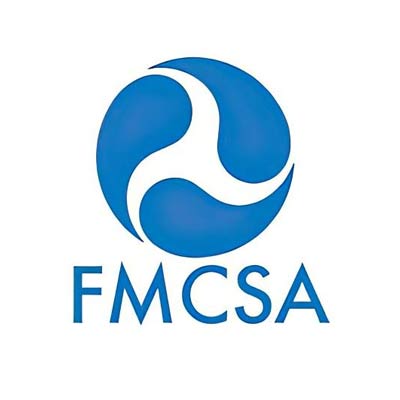Fred Ferguson Testifies Before Senate on Key Motorcoach Industry Issues
Urges Senate to support fair motorcoach industry policies as part of upcoming surface transportation reauthorization

Fred Ferguson, President and CEO of the American Bus Association (ABA), appeared today before the U.S. Senate Committee on Commerce, Science, and Transportation’s Subcommittee on Surface Transportation, Freight, Pipelines, and Safety. The hearing, titled “Shifting Gears: Issues Impacting the Trucking and Commercial Bus Industries in the U.S.,” focused on challenges facing the nation’s commercial transportation sectors as Congress begins crafting surface transportation reauthorization legislation.
In his testimony, Ferguson highlighted the vital role of the private motorcoach industry in America’s mobility ecosystem, calling attention to the more than 400 million passenger trips taken annually and the economic contributions of the nearly $90 billion motorcoach, group travel, and tourism sectors. He emphasized that motorcoaches are essential not only for intercity and charter travel but also for disaster response, military troop movement, and commuter access across both urban and rural America.
“From students and tourists to military personnel and commuters, motorcoaches serve every corner of our country,” Ferguson told lawmakers. “We help connect the unconnected—places and people other modes do not reach.”
Read Fred’s submitted testimony before the hearing.
Ferguson’s testimony urged Congress to:
- Maintain Industry-Specific Hours of Service Rules: He stressed the need for flexible regulations that reflect the unique operational models of passenger transportation, which differ significantly from freight carriers.
- Reject Increases to Minimum Insurance Requirements: Ferguson warned that raising mandatory liability coverage would burden small and mid-sized operators without improving safety outcomes, potentially reducing access and increasing costs for passengers.
- Modernize Safety Performance Metrics (CSA/SMS): He called for FMCSA reforms that reflect the realities of motorcoach operations and separate passenger carriers from freight when calculating safety performance.
- Withdraw the Proposed Speed Limiter Rule: Ferguson emphasized that motorcoaches have distinct operational and safety profiles that render a one-size-fits-all speed mandate unnecessary and potentially harmful.
- Ensure Fair Access to Public Transit Facilities: Ferguson urged Congress to uphold reasonable access for private motorcoach operators to federally funded transit hubs, HOV lanes, and toll parity with public carriers.
Additionally, Ferguson highlighted the need for investment in FMCSA staffing—particularly within the under-resourced Passenger Carrier Division—and recommended regulatory improvements in areas such as vehicle inspections, CDL testing, and data systems.
On regulatory clarity, he defended FMCSA’s preemption of California’s conflicting meal and rest break rules and called for consistent federal standards for English proficiency testing, citing inconsistencies that hamper driver recruitment and compliance.
Throughout the hearing, Ferguson underscored ABA’s willingness to work collaboratively with lawmakers, regulators, and stakeholders. “Safety is and will always be our number one priority,” he concluded.
The full hearing, including Fred Ferguson’s remarks, can be viewed on the Senate Commerce Committee’s website. Ferguson also posted a “behind the scenes” look at preparation for the hearing on his LinkedIn page.



